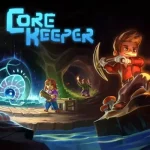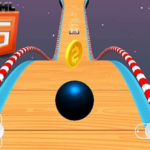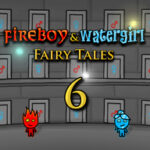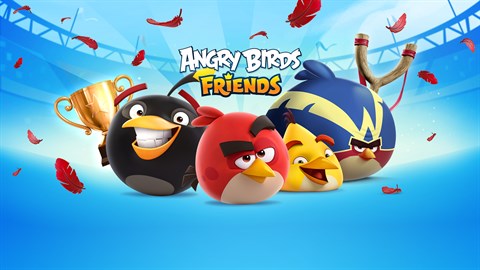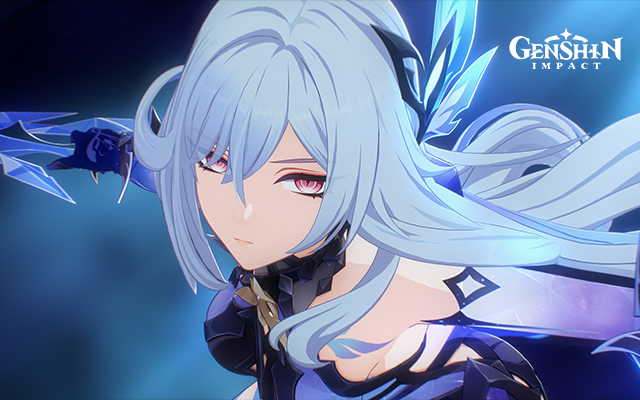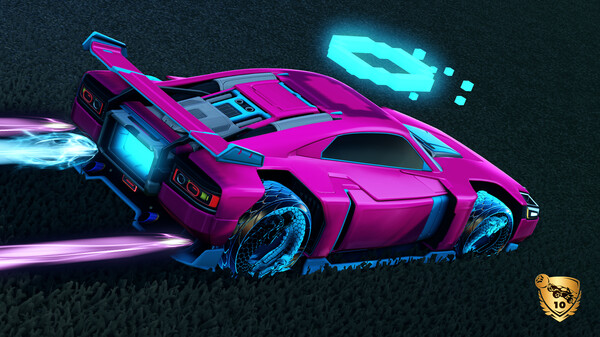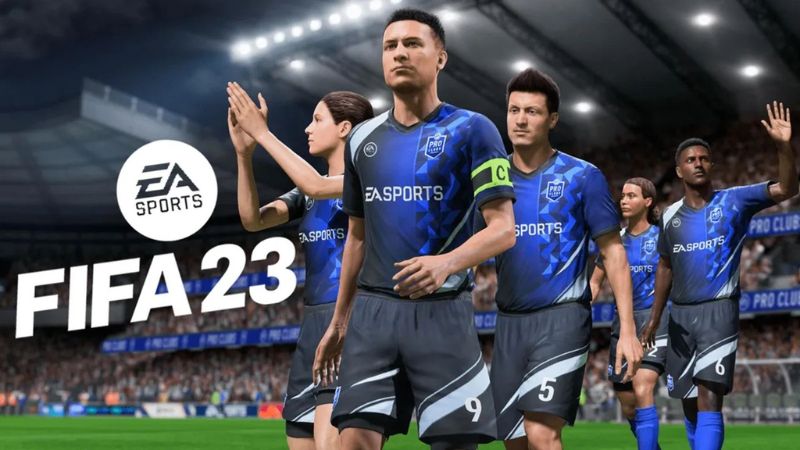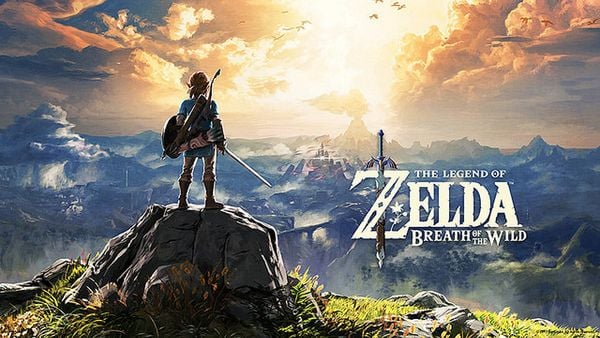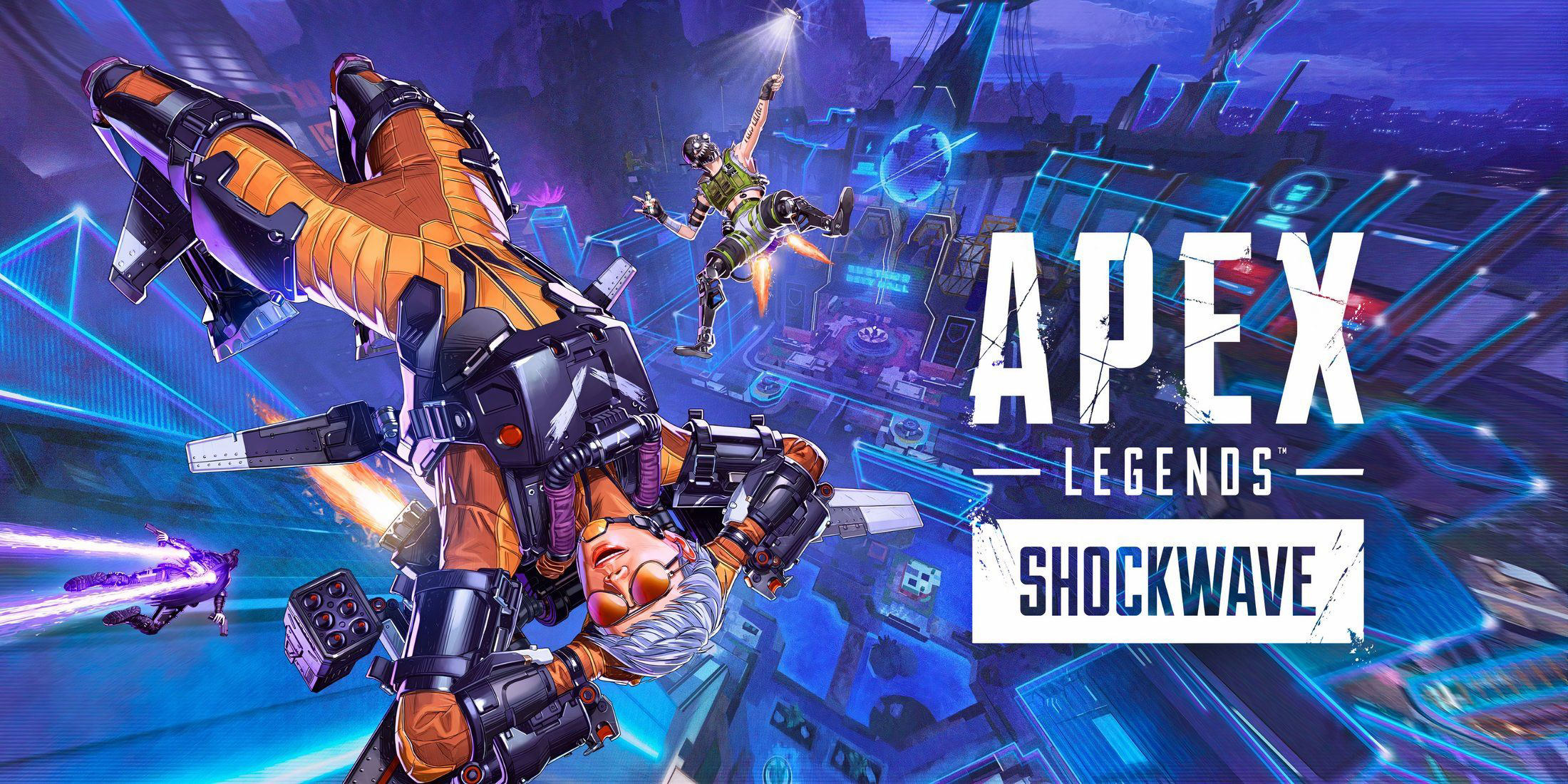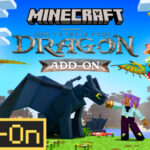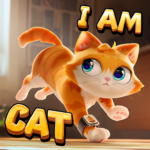The Legend of Zelda: A Timeless Journey Through Hyrule
Introduction
The Legend of Zelda is one of the most iconic and enduring franchises in video game history. Since its inception in 1986, it has captivated millions of players worldwide with its rich storytelling, immersive gameplay, and innovative design. Developed by Nintendo, this action-adventure series follows the adventures of a young hero named Link as he battles evil forces, explores vast lands, and seeks to rescue Princess Zelda. This article delves into the origins of
The Legend of Zelda, its gameplay mechanics, character dynamics, cultural impact, and the pros and cons of the series, providing a comprehensive overview of why it remains a beloved title among gamers.
The Origins of The Legend of Zelda
The journey of
The Legend of Zelda began in the early days of video gaming, with Shigeru Miyamoto and Takashi Tezuka leading the development team at Nintendo.
Development Journey
The concept for
The Legend of Zelda was inspired by Miyamoto's childhood experiences of exploring the countryside near his home. He wanted to create a game that encapsulated that sense of adventure and exploration. The first game combined action, puzzles, and role-playing elements, allowing players to explore a vast, open world.
Released in Japan on February 21, 1986, the game quickly became a critical and commercial success. It introduced innovative gameplay mechanics that would influence countless games in the years to come, such as an open-world design and non-linear gameplay.
Initial Reception
Upon its release,
The Legend of Zelda received rave reviews for its groundbreaking gameplay and engaging narrative. It was praised for its immersive world and intricate puzzles, which encouraged exploration and problem-solving. The success of the game led to its expansion into a franchise, with sequels and spin-offs that would further develop the lore and gameplay mechanics.
Gameplay Mechanics
At the heart of
The Legend of Zelda series lies its captivating gameplay, which combines exploration, puzzle-solving, and combat.
Core Features
Each installment of
The Legend of Zelda introduces unique gameplay mechanics while retaining the core elements that define the series.
Exploration
- Open World Design: From the original game to titles like Breath of the Wild, players are encouraged to explore vast landscapes filled with secrets, treasures, and challenges.
- Interactive Environments: The series often features interactive elements that allow players to manipulate the environment, such as cutting grass, moving blocks, and using various tools.
Combat System
Combat in
The Legend of Zelda varies by title, but it typically involves using weapons, items, and abilities to defeat enemies.
Weapons and Items
- Versatile Arsenal: Players can wield a variety of weapons, including swords, bows, and magical items. Each weapon has unique properties and can be upgraded or enhanced.
- Item Utilization: Many puzzles and combat scenarios require players to use items creatively, such as bombs, boomerangs, and the iconic Master Sword.
Puzzle-Solving
Puzzles are a staple of the
Zelda series, often integrated into dungeons, temples, and the environment.
Dungeon Design
- Challenging Layouts: Dungeons are designed with intricate layouts filled with traps, enemies, and puzzles that require critical thinking to navigate.
- Boss Encounters: Each dungeon typically culminates in a boss fight, where players must use their skills and items to defeat a formidable foe.
Character Dynamics
The characters in
The Legend of Zelda play a crucial role in shaping the narrative and engaging players.
Protagonist: Link
Players assume the role of Link, a courageous hero destined to save Hyrule and Princess Zelda from evil forces.
Character Traits
- Bravery and Determination: Link is characterized by his unwavering courage and determination to protect the land of Hyrule.
- Silent Protagonist: Unlike many protagonists, Link does not speak, allowing players to project themselves onto the character and experience the adventure personally.
Supporting Characters
The series features a rich cast of supporting characters, each contributing to the narrative and gameplay.
Notable Characters
- Princess Zelda: The titular character, often portrayed as a wise and powerful figure who aids Link in his quest.
- Ganon: The main antagonist across many games, representing the embodiment of evil in Hyrule.
Visuals and Art Style
The Legend of Zelda has evolved visually over the years, showcasing different art styles and graphical advancements.
Graphics and Animation
Each installment of the series reflects the technological capabilities of its time, with graphics that enhance the immersive experience.
Art Direction
- Varied Aesthetics: From the pixel art of the original game to the cel-shaded visuals of The Wind Waker and the realistic graphics of Breath of the Wild, the series has explored a wide range of artistic styles.
- Iconic Designs: Character designs and environments often incorporate recognizable elements, such as the Triforce symbol and Hyrule’s distinct landscapes.
Environmental Design
The game worlds in
The Legend of Zelda are meticulously crafted to evoke a sense of wonder and adventure.
Dynamic Environments
- Diverse Landscapes: Players can explore forests, mountains, deserts, and oceans, each teeming with life and secrets.
- Interactive Ecosystems: The environments are designed to be interactive, allowing players to engage with the world in meaningful ways.
Community Engagement
The
Zelda community has played an essential role in the franchise's success, fostering interaction, creativity, and fan engagement.
Online Presence
The game has a vibrant online presence, with players actively engaging on social media platforms and dedicated fan sites.
Social Media and Forums
- YouTube and Twitch: Many content creators showcase gameplay, speedruns, and lore discussions, attracting a broad audience and promoting community engagement.
- Reddit and Fan Sites: Dedicated forums allow players to discuss strategies, share fan theories, and connect with fellow enthusiasts.
Events and Competitions
Nintendo occasionally hosts events related to
The Legend of Zelda, fostering community spirit and excitement.
Major Events
- Speedrunning Competitions: Players frequently participate in speedrunning events, showcasing their skills and creativity in completing the games as quickly as possible.
- Fan Art Contests: Contests encouraging fan art and creative content help foster a sense of community and engagement among players.
The Cultural Impact of The Legend of Zelda
The Legend of Zelda has made a significant cultural impact, resonating with players and contributing to the broader gaming landscape.
Popularity Among Gamers
The series appeals to a diverse audience, becoming a staple among gamers who appreciate rich narratives and immersive gameplay.
Trends and Fads
- Merchandising: The game’s popularity has led to a wide range of merchandise, including clothing, collectibles, and even themed food items.
- Influence on Game Design: The innovative gameplay mechanics and storytelling techniques in Zelda have influenced countless games, setting a standard for action-adventure titles.
Educational Applications
The themes and stories presented in
The Legend of Zelda can also be utilized in educational settings.
Learning Through Play
- Problem-Solving Skills: The puzzles and challenges encourage players to think critically and develop problem-solving skills.
- Cultural Education: The game introduces players to elements of mythology and storytelling, promoting interest in literature and cultural studies.
The Evolution of The Legend of Zelda
Since its inception,
The Legend of Zelda has undergone significant changes, continually evolving to enhance the player experience.
Regular Updates
Nintendo has shown a commitment to keeping the franchise fresh through frequent releases and updates.
Major Updates
- New Installments: Each new game introduces innovative gameplay mechanics, new stories, and fresh worlds to explore, keeping the franchise relevant.
- Remasters and Ports: Older titles are often remastered for modern consoles, allowing new generations of players to experience classic adventures.
Community Feedback
Nintendo actively engages with the community, taking player feedback into account for future updates and improvements.
Listening to Players
- Surveys and Polls: The team often conducts surveys to gather opinions on potential changes or new content, ensuring that the franchise evolves based on user needs.
- Developer Updates: Regular communication from the development team keeps players informed about upcoming features and improvements.
The Pros of The Legend of Zelda
The strengths of
The Legend of Zelda significantly contribute to its acclaim and popularity.
- Engaging Gameplay
- The combination of exploration, puzzle-solving, and combat creates an immersive experience that captivates players.
- Rich Narrative
- The series offers compelling stories that resonate with players, encouraging them to explore the lore of Hyrule.
- Innovative Mechanics
- Each installment introduces new gameplay mechanics that push the boundaries of the action-adventure genre.
- Iconic Characters
- The memorable characters, including Link, Zelda, and Ganon, have become cultural icons within the gaming community.
- Cultural Representation
- The series draws from various cultural influences, enriching its storytelling and enhancing players' appreciation of diverse narratives.
The Cons of The Legend of Zelda
Despite its strengths,
The Legend of Zelda series has some drawbacks that may affect player experiences.
- High Expectations
- With significant hype surrounding each new release, players may have high expectations that could lead to disappointment if not met.
- Potential for Technical Issues
- As with any large-scale game, there may be technical issues at launch that could affect gameplay.
- Difficulty Levels
- Some players may find certain puzzles or combat encounters overly challenging, potentially leading to frustration.
- Repetitive Gameplay
- Depending on the quest structure and combat mechanics, some players may find aspects of the gameplay repetitive over time.
- In-Game Purchases
- If monetization strategies are implemented, it could affect the player experience, especially if they impact gameplay balance.
The Future of The Legend of Zelda
The future of
The Legend of Zelda looks promising, with ongoing support and potential for growth.
Upcoming Features
Developers have hinted at new content and features designed to enhance the player experience, including new quests, gameplay mechanics, and potentially new stories.
Expanding Universe
As
The Legend of Zelda continues to evolve, players can expect more interconnected stories, challenges, and collaborations, further enriching the franchise’s universe.
Conclusion
The Legend of Zelda has successfully established itself as a cornerstone of modern gaming, offering an engaging blend of exploration, storytelling, and innovative gameplay. With its rich narrative, iconic characters, and evolving mechanics, it continues to attract and retain players of all ages. While the series faces challenges such as high expectations and potential technical issues, its strengths far outweigh its drawbacks, earning it a rating of 9.5/10. As players continue to embark on epic adventures in Hyrule, they can look forward to new experiences and the ongoing evolution of this iconic franchise. The journey through the enchanting world of
The Legend of Zelda is just beginning, and the future holds exciting possibilities for both the series and its dedicated fanbase.


